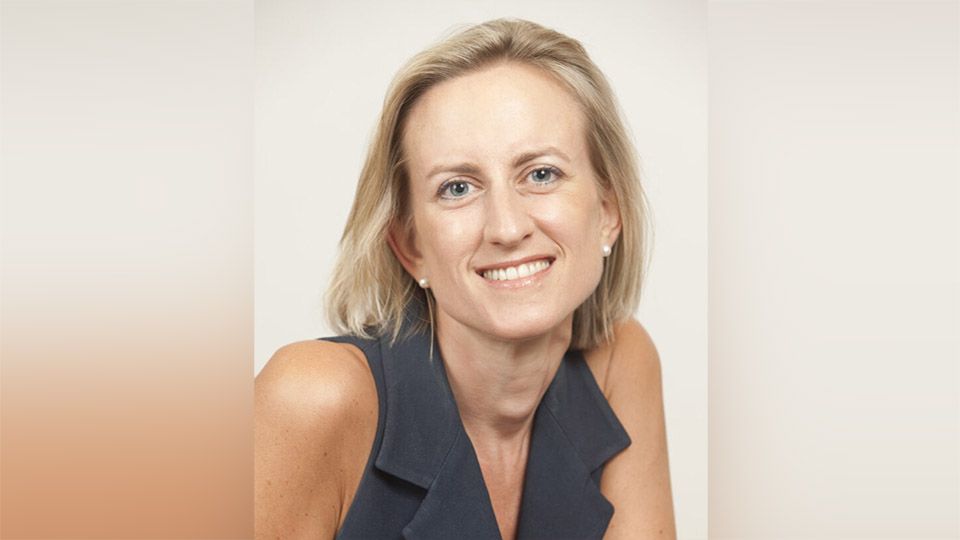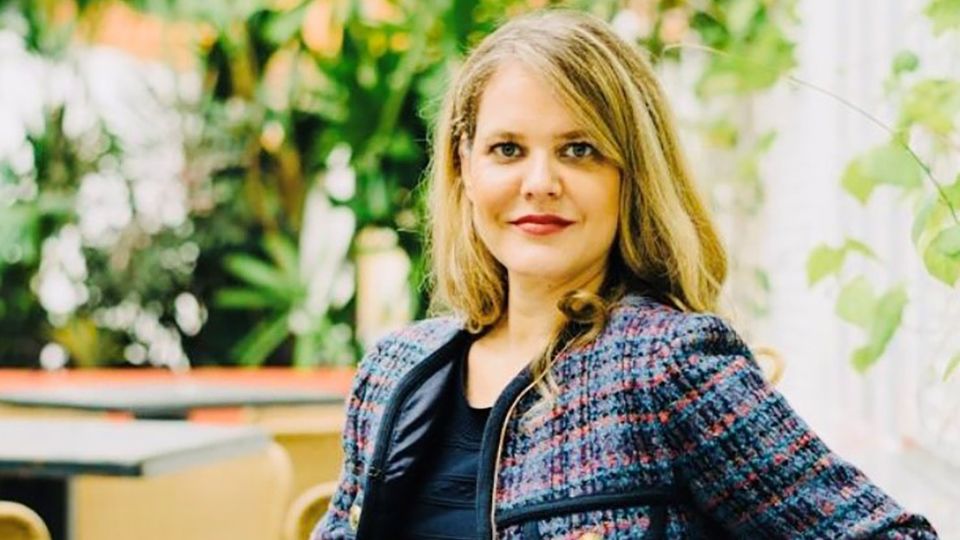At any time of mass movement, there are severe risks to those in extreme vulnerability. At the time of writing, over 3 million people have left their homes in the Ukraine, fleeing the wanton destruction. As local laws state that most men must stay behind and serve in the military defence, the numbers are skewed towards women and children.
The displays of solidarity around Europe have been moving, but the full spectrum of the human response has a more sinister side. Intuitively, we know that human trafficking and modern slavery can thrive in times of confusion, lack of clear law enforcement, the erosion of the rule of law and times of increased personal vulnerability. And for every concerned citizen signing up to host a refugee family, there are those seeking only to exploit the vulnerable. Front line charities and aid workers are already reporting the appearance of trafficking rings at the Ukraine border seeking to trap refugees. UNICEF and other UN bodies have warned of the risks.
Every company that made a statement around ceasing business with Russia would do well to examine their exposure to this imminent and perhaps inevitable human tragedy. The headings in the UK’s Modern Slavery Act are a great place to start for any firm with links or supply chains running into the affected areas. How are front line staff being trained to spot tell-tall signs of forced labour or trafficked persons?
According to the Food and Agriculture Organization of the United Nations, more than 25% of the world’s trade in wheat comes from either Russia or the Ukraine, and further, more than 60% of sunflower oil and 30% of barley exports. Clearly sanctions will prevent direct trade with Russia, and Ukrainian trade will be hugely disrupted. In the rush to replace these losses, companies must be careful to exercise human rights due diligence. The criminal element will certainly be moving swiftly to exploit the situation.
But it’s not just in traditional food supply chains that caution must be exercised. As nature abhors a vacuum, so does an unregulated internet in a time of crisis. Refugees are using social media networks and messaging apps to try and source exit routes – but so are the organised criminals. More must be done to ensure that well-meaning reactive efforts don’t unintentionally provide cover for traffickers. Sadly, the plight of the vulnerable through targeting via social media is a worrying trend outside of the conflict zone. Tech companies are starting to wake up to these issues, but should they re-double their efforts?
Eurofins have sounded the alarm in the garment sector. Despite Ukrainian refugees being granted temporary rights to work in the EU, the sudden influx and extreme vulnerability of those displaced could be exploited. The provider of supply chain audit services warns that ‘refugees could be hired by garment or footwear suppliers in nearby countries such as Poland, Romania and Moldova, or further west to Germany and France’. Apparel companies would do well to double check their audit and oversight capabilities, making sure it’s fit for the rapidly changing world in which it operates.
Given the unfolding tragedy in Ukraine, it doesn’t feel necessary to go beyond the moral arguments to call for increased vigilance, but the financial arguments do line up. A 2020 human trafficking report by the European Commission, estimates the annual global profit from the crime is €29.4bn ($32bn). We know much of this value is lost to the formal economy. Maybe that’s why we’ve seen the highest ever levels of support for Votes Against Slavery, Rathbones’ leading modern slavery engagement – the situation in Ukraine reminds us once again that incentivising action against this crime makes sense, whatever your ethical position.




